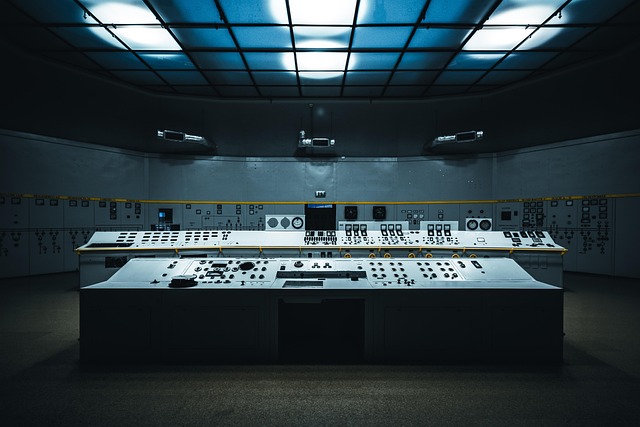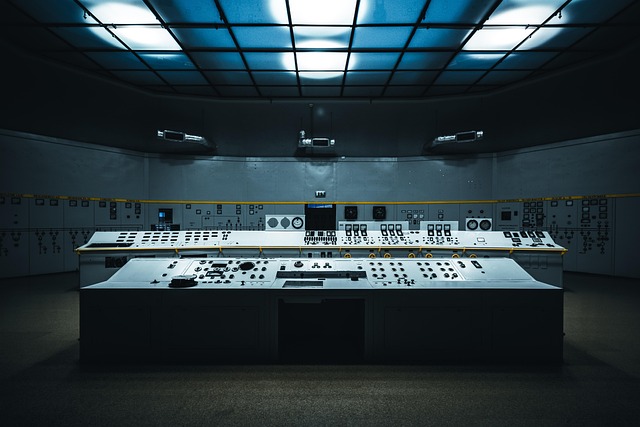The world is witnessing a significant shift in environmental perception, not just from policymakers and activists, but also from businesses and consumers alike. As technology advances, the integration of robotics and artificial intelligence (AI) into business automation is transforming how industries approach sustainability and their environmental impact.
Gone are the days when companies could afford to neglect their ecological footprints. Today, customers are more conscious than ever about the environmental implications of their purchases. They want to support businesses that actively work towards a greener planet. It’s here that robotics and AI come into play, helping organizations enhance their environmental practices while optimizing efficiency.
Robotics technology is revolutionizing various sectors by automating tedious and resource-intensive tasks. For instance, robotic systems can streamline waste management processes, reduce energy consumption, and even identify inefficiencies in production lines. By implementing robots, companies can minimize human error, reduce waste, and achieve a level of precision that leads to a smaller environmental footprint.
Moreover, artificial intelligence takes this automation further by analyzing vast amounts of data to predict trends and outcomes that inform better environmental choices. AI algorithms can monitor energy usage, optimize supply chains, and enable predictive maintenance, which extends the life of equipment and reduces the need for new resources. Through machine learning, businesses can continuously improve their processes, adapting swiftly to the latest sustainability practices.
Furthermore, as companies adopt these technologies, they not only enhance operational efficiencies but also improve their environmental perception in the eyes of their stakeholders. Businesses that leverage robotics and AI for sustainability initiatives demonstrate a commitment to preserving the planet, which can boost their reputation and customer loyalty.
In this age of automation, the dialogue surrounding environmental responsibility is evolving. The involvement of advanced technologies, such as robotics and AI, is harmonizing the necessity for efficiency with the urgent call for sustainable practices. The result is a symbiotic relationship where technological advancement fuels environmental consciousness, driving a collective move towards a more sustainable future.
Ultimately, as we embrace these innovative solutions, it becomes clear that our pursuit of efficiency does not have to come at the cost of the environment. Businesses have the opportunity to redefine their operational standards, explore new growth avenues, and contribute positively to the planet—all while addressing the shifting expectations surrounding environmental perception.




